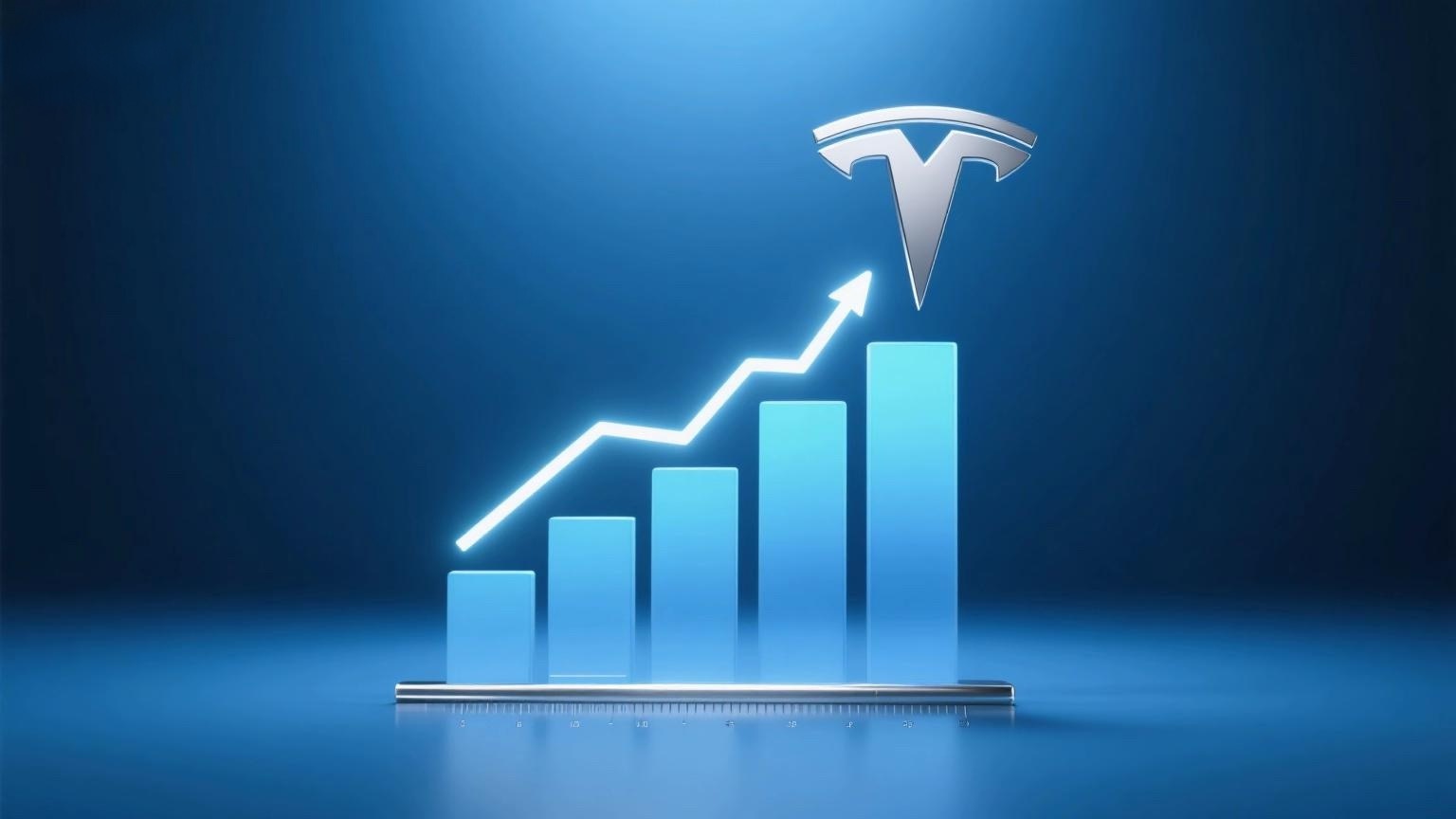
On Monday (August 11), the three major U.S. stock indices closed slightly lower. The Dow Jones Industrial Average fell 0.45% to 43,975.09 points, the S&P 500 dropped 0.25% to 6,373.45 points, and the Nasdaq Composite declined 0.3% to 21,385.4 points.
In terms of sectors, most major U.S. tech stocks fell. Specifically, Apple dropped 0.83%, Amazon fell 0.62%, Meta declined 0.45%, Nvidia dipped 0.3%, Google slipped 0.21%, and Microsoft edged down 0.02%.
Tesla, however, rose over 2%, marking its fourth consecutive day of gains. U.S. bank stocks were mixed: Morgan Stanley rose 0.53%, Bank of America gained 0.38%, and JPMorgan Chase climbed 0.32%. On the downside, Citigroup fell 0.44%, Wells Fargo dropped 0.31%, and Goldman Sachs declined 0.24%.
Energy stocks generally trended lower, with Schlumberger and Occidental Petroleum both falling over 1%, ExxonMobil dropping 0.87%, Chevron slipping nearly 1%, and ConocoPhillips declining 0.39%.
Most airline stocks declined: Southwest Airlines fell over 1%, American Airlines dropped 0.3%, and Delta Air Lines dipped 0.19%, while United Airlines rose 0.04%.
Chip stocks were mixed, with the Philadelphia Semiconductor Index down 0.13%. Micron Technology surged over 4%, Intel rose more than 3%, and ARM gained over 1%. On the downside, Texas Instruments fell over 1%, Microchip Technology dropped more than 1%, ON Semiconductor declined over 1%, and Advanced Micro Devices slipped 0.28%.
Most Chinese Stocks Fall, XPeng Rises About 6%
Most U.S.-listed Chinese stocks declined, with the Nasdaq Golden Dragon China Index dropping 0.29%. Among individual stocks, Lianzhang Menhu plunged over 20%, WeRide fell more than 4%, TAL Education dropped over 3%, and Brainstorm Cell Therapeutics declined more than 3%. On the upside, I-Mab Biopharma surged over 14%, and Jian Yong Life Tech rose more than 9%.
XPeng’s U.S. shares rose about 6%. According to the China Association of Automobile Manufacturers, July marked the traditional off-season for the auto market, with some manufacturers scheduling annual equipment maintenance, leading to slower production and sales and a seasonal sequential decline. From an industry perspective, the effects of the trade-in policy continued to show, progress was made in curbing "involution" (excessive competition), and new vehicle launches supported stable market performance, achieving year-on-year growth. Notably, new energy vehicles maintained rapid growth, and auto exports remained steady.
















